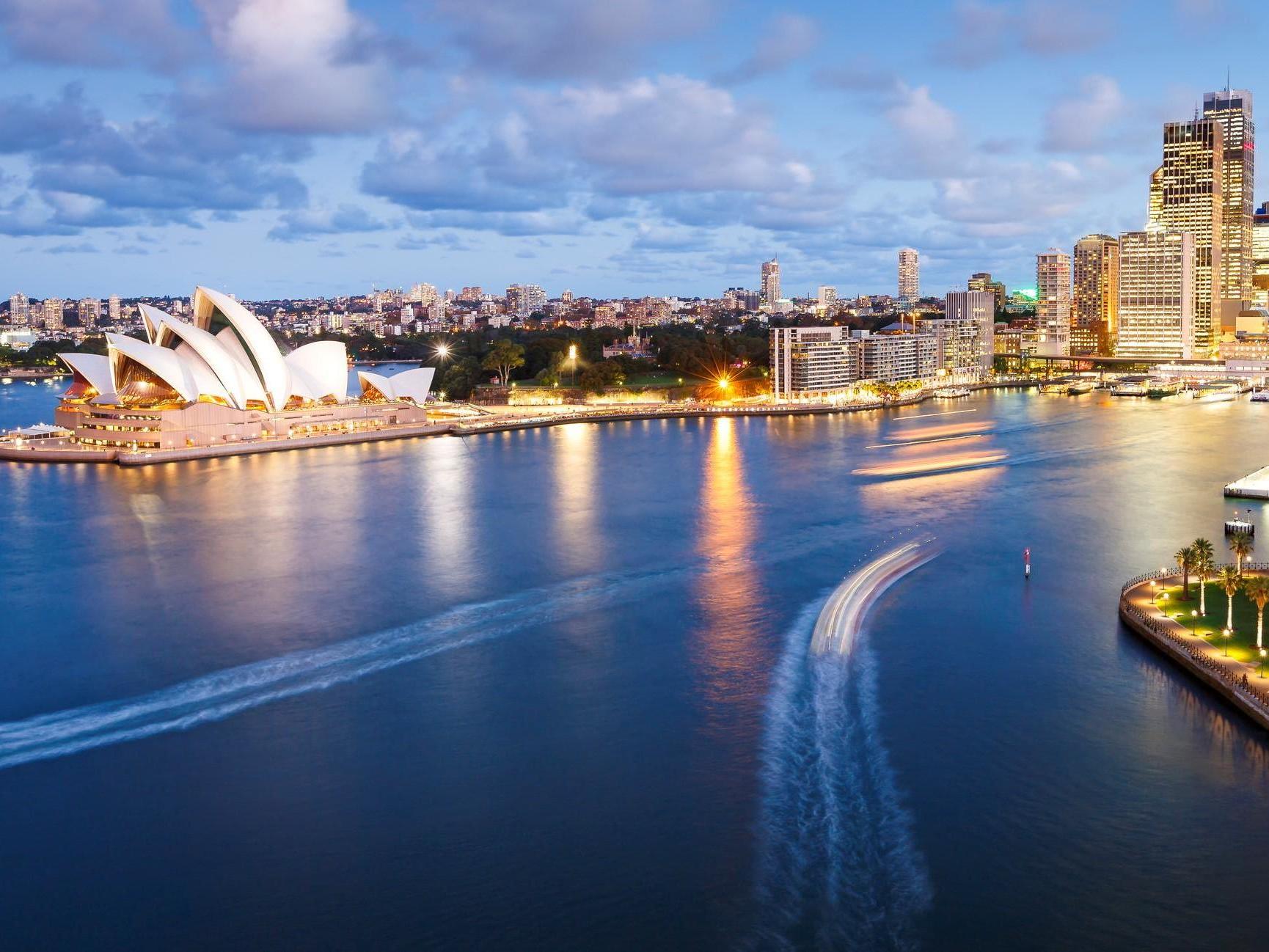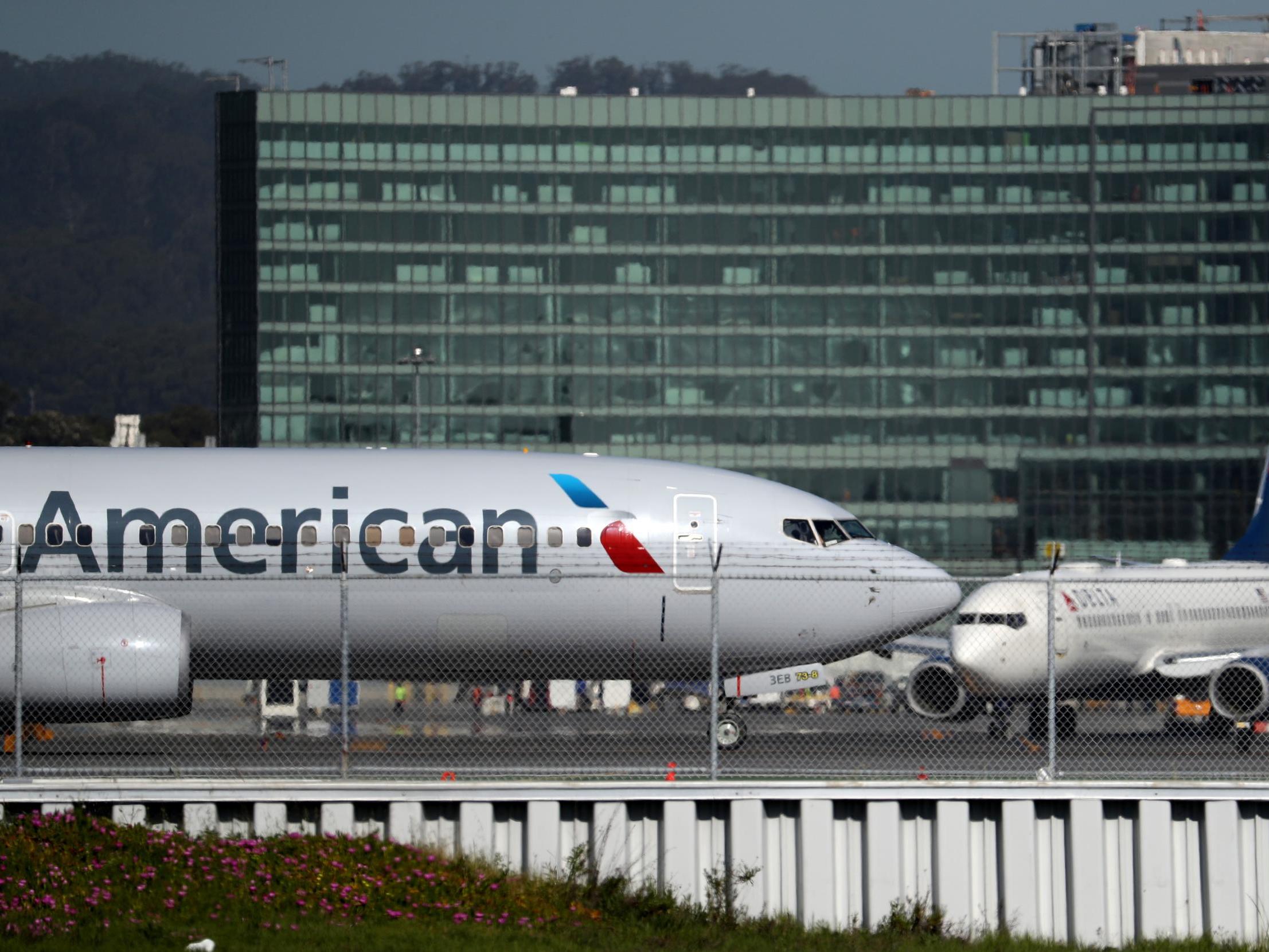Barcelona vs Real Madrid: Can I get a refund for my Clasico package deal?
Simon Calder answers your questions on the Catalan capital’s unrest, nonstop flights and finding alternative routes to Fort Lauderdale


Q I booked a package deal travelling to Barcelona for the El Clasico football match against Real Madrid next Saturday. Due to the unrest in Barcelona, the match has been postponed. The travel company said they couldn’t issue me a refund for the flights or hotel but might be able to get ticket money back. Is this correct? I booked the whole thing as a package and it is Atol protected. The match was the whole reason for the trip and so I wouldn’t want to travel there now it is cancelled. Do you have any advice?
Kelly W
A No doubt the cancellation is very annoying for you, but unlike the vast majority of people planning to travel to Barcelona over the next few days and weeks, you can expect a full refund of everything you have paid. That is because you have wisely booked a package, and the match is the main purpose of your trip.
Under clause 11 of the Package Travel Regulations, which is to do with significant changes, the organiser of the trip must offer you the choice of continuing with the trip at reduced cost, or allowing you to cancel the booking and receive a refund. In contrast, travellers who booked a normal city break are not able to claim a refund because the Foreign Office has not advised against visiting the Catalan capital.
The travel firm faces a large financial hit from the match cancellation, because it will probably have paid airlines and hotels. That is its problem, not yours. But I advise you to start negotiating. If the trip cost, say, £400, and the company is prepared to return half of that, rather than losing all the money it has laid out for flights and hotels, you could find you get a bargain weekend.
The current FCO advice for Barcelona is: “Exercise caution in the vicinity of demonstrations as they may occur with little or no warning ... Demonstrations may cause disruptions to transport including access to airports, roads and the railway and metro systems.”
In your position I would continue with a trip to this fabulous city if the price is right, but if you are deterred just insist on your right to a full refund.

Q I read your article about the nonstop Qantas flight from New York to Sydney. You implied it was particularly bad for the environment. But surely the most damaging part of a flight is take-off; and if there is no landing en route then mustn’t it be better for the planet?
I agree we should fly less in general, but I don’t feel that nonstop flights are the cause of much of the problem.
Michael T
A At the weekend Qantas flew a Boeing 787-9 from New York JFK to its base in Sydney, a distance of 9,950 miles direct – but more than 10,000 miles by the actual course followed, for aeronautical and meteorological reasons. It was a “proving flight” – or, some would say, a publicity stunt – for a possible commercial operation between the two cities. The Australian airline is also looking at the possibility of flying nonstop from London to Sydney and possibly Melbourne, both of them around 500 miles further than the New York-Sydney flight.
You are quite right that accelerating a 225-ton fully loaded aircraft from zero to 550mph and taking it to 39,000ft burns a prodigious amount of fuel. Furthermore, if a plane is nonstop it can fly in a straighter line between two points. And of course the noise nuisance on the ground at any intermediate stops is eliminated.
But there the advantages end. Fuel burn is proportionate to the mass of the aircraft, and filling the tanks to carry fuel for later in the journey sharply increases the amount consumed – and the CO2 emitted. In addition, the plane has to carry extra people, in the form of additional pilots and cabin crew to relieve their tired colleagues. Extra weight is added in the form of enough meals and drinks to keep the paying public happy, or at least fed and watered, during their ultra-long flight.
The course flown by any aircraft is subject to a number of variables, including prevailing winds and concerns about overflying conflict zones. And computing the optimum stops to minimise environmental impact is an inexact science. But a 10,600-mile flight from London to Sydney that stopped in Hong Kong would be substantially gentler on the planet than a nonstop one, not to mention on the passenger. And one that refuelled at Almaty in Kazakhstan and the Philippines capital, Manila, would be less damaging still – though perhaps harder to sell.

Q In March my wife and I booked flights with American Airlines from Manchester via Philadelphia to Fort Lauderdale and back to join a cruise. This week we were told the Philadelphia to Fort Lauderdale leg was being removed from the firm’s schedule. The company initially booked us to leave Philadelphia on an earlier flight four hours before our arrival there. We have now been offered a full refund or a change to arrive in Miami, which would incur substantial extra costs in transfers. Unfortunately we have to decide quickly what to do as the final payment for our cruise is due soon. What do you advise?
Julian D
A Unfortunately, booking a mildly complicated flight itinerary 10 months ahead leaves the traveller open to the possibility of changes and cancellations. American Airlines is cancelling a significant number of flights at the moment – partly as a result of a dispute with its mechanics, but also due to the continued grounding of the Boeing 737 Max. In common with other operators, American was hoping to have the troubled jet back in service by the end of the year. Without the Max, it has gaps in its fleet. But with no certainty about when regulators might allow the plane to fly again, American is now cancelling some US domestic flights three months in advance.
I am glad you have been offered a full refund on the flights, because you can see if there is a better way – for example, on Virgin Atlantic from Manchester to Atlanta, then its partner, Delta, to Fort Lauderdale. But if that looks too pricey, take the American Airlines offer of a flight to Miami. The distance to Fort Lauderdale is only 25 miles, and if the transfers look too expensive then add an extra element – take the new Virgin Trains service (taxi or Uber links from Miami airport and to Fort Lauderdale port are reasonable). But before you accept the changed destination, see if the original homeward leg from Fort Lauderdale to Philadelphia is still operating. If it is, then insist on an “open-jaw” arrangement – out to Miami, back from Fort Lauderdale.
Email your question to s@hols.tv or tweet @simoncalder
Join our commenting forum
Join thought-provoking conversations, follow other Independent readers and see their replies
Comments
Bookmark popover
Removed from bookmarks